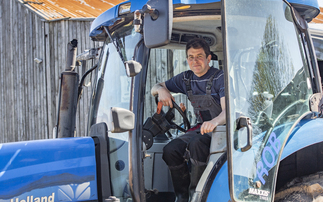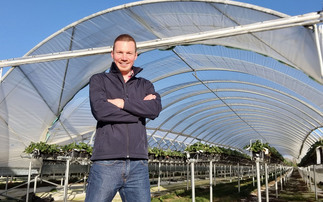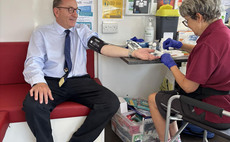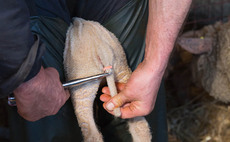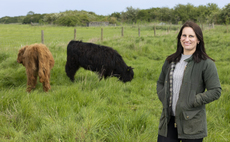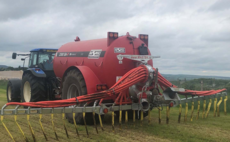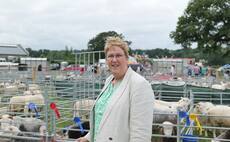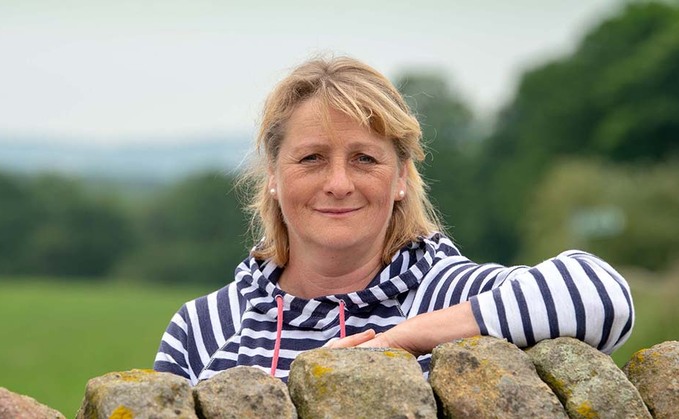
Its amazing the variety of topics that are discussed by In Your Field columnists, Im not going to disappoint with this one.
It all started with a robust debate at a Yorkshire Holstein Club committee meeting about one of the national awards, which requires the candidate to write an essay, this led to a discussion about the number of farmers who have dyslexia.
��
While in the general population around 12 per cent are dyslexic, in the farming community its about 25 per cent.
��
Now in all the time dyslexia has been on my radar, Ive not known this statistic, although in my family the percentage runs slightly higher than that.��Including me, Im not dyslexic, but I have the similar condition of dyscalculia, difficulties decoding numbers instead of letters.
��
It was a relief to find out what my problem was instead of thinking I was a bit stupid.
��
This is the same with dyslexics, they are not at all stupid and, indeed, not enough credit is given to the fact that dyslexics have greater practical and problem solving skills.
��
But as to how come so many farmers have the condition is a bit of a chicken and egg situation, what came first? Have farming brains over time evolved to be better at the practical stuff?��������������������������������������������������������������������������������������������
Twenty years ago, because of the family influences, I wanted to find out more and I used to volunteer for a reading charity and this led to working in education in a special education and learning department.
��
It was quite fascinating and rewarding working with students who, at a critical time of their lives, are frustrated with the way our current education system demands a set standard of literacy or numeracy to determine someones worth.
��
Ive since bumped into many of these students, who out in the real world are making a good life for themselves with valuable jobs. I would be very sad if I encountered any discrimination because someone has a decoding problem.
��
My particular issues are allied to numbers and patterns, I have problems remembering ear tag numbers and can mix them up or get back to front same with phone numbers.
��
I always say all the numbers will be there, just in a different order.
��
Fortunately modern phones help me out with this, as technology helps those with reading difficulties.
��
This time of year it seems to be dissertation survey season, Im happy to help any students out by filling in a survey, either about calf rearing, farm diversification, women in farming and other topics. It will be interesting if in the future someone does their dissertation about dyslexia in farming.





